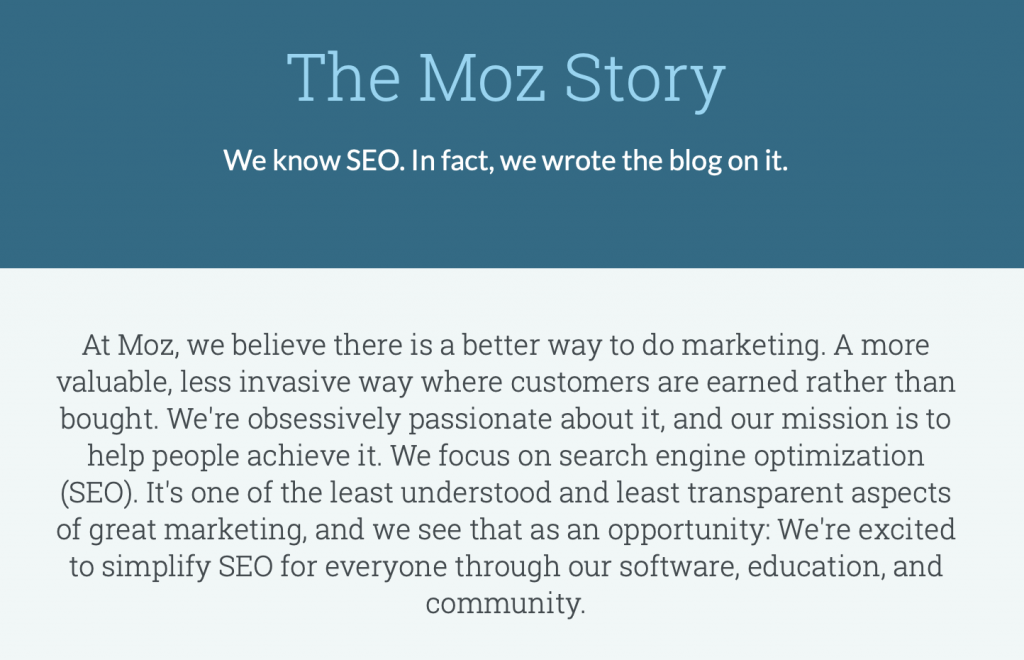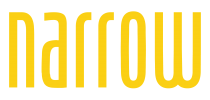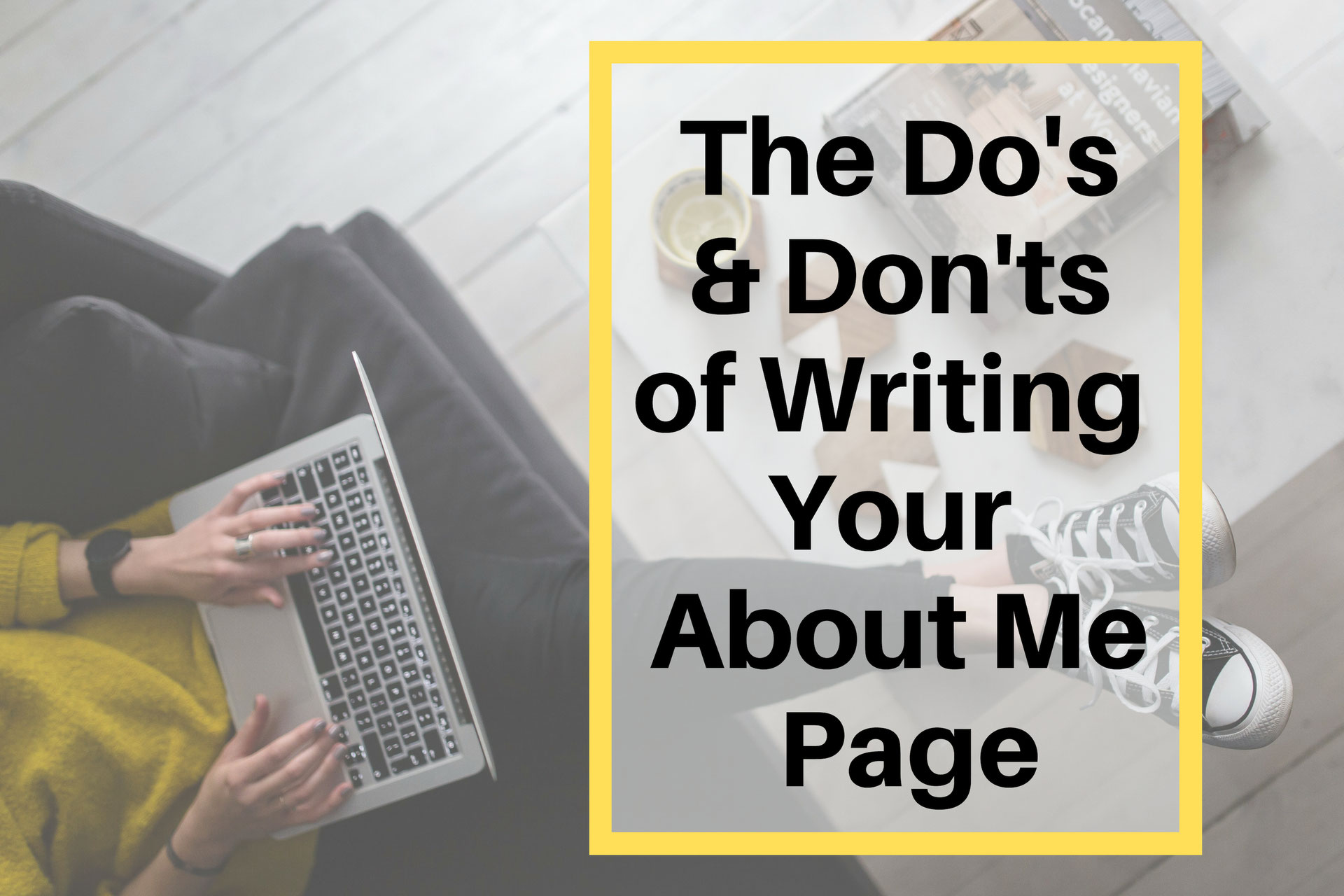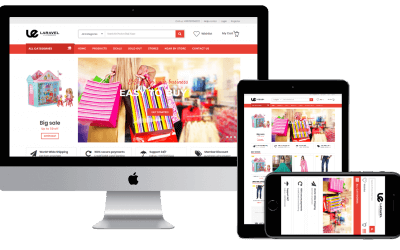
Do I need an About page?
Yes.
The About page is essential to any and every website, whether you’re an individual sharing your personal thoughts or a full-blown business with countless landing pages. Your About page isn’t necessarily what gets people to your website, but it is where a number of visitors are going to click over to.
A well-designed website will attract people, but the content is what keeps them there. Having a poorly-written About page is worse than not having one at all so keep it simple, even if your industry is jargon-filled.
Elements of a Great “About” Page
I listed these elements in a way that makes the most sense to me, but you can absolutely play with the layout to determine the right flow for your About page.
The Hook
Start with something odd or unusual, something most other people don’t say or are afraid to say. If you want to make it stand out more, bold it to turn it into a headline.
In this section, and throughout your About page, you have to keep three things in mind:
- Who you are
- What you do
- Why you do it
Whatever you do, don’t reiterate that this is your About page. The reader already knows that – they clicked on the link.
The Basics
Start with your name, job title and location, and maybe add in your “thing.”
Hey, I’m Lindsay, a freelance writer in New York. And I’m totally obsessed with true crime podcasts.
Brag a Little
Give yourself some props, but relate it to the person you’re speaking to. What is it about your experience that connects with your visitor’s biggest concern? What’s keep them up at night, and how has that same thing kept you up at night?
I’ve been a full-time freelancer for 10 years, and I’ve talked to a lot of marketing agencies during that time. I know how tough it can be to hire freelancers – they don’t know what you want and you don’t know what they need.
Help Some More
They know what you’re able to help with, but not how you do it. Don’t go into crazy detail here. People are still mostly concerned with results – your process can be completely pared down and still effective.
I act as the middleman between agencies and writers so that you can both get what you need without any delays, surprises or unexpected expenses.
Testimonials
You can put testimonials at the beginning or end of the About page, but I placed them here in this outline because it feels like the natural best place – you’ve told the reader how you can help them and now you’re showing how you’ve helped others. If possible, include testimonials from influencers and impressive publications as well as real people.

Give Some Background
You’ve got their interest, so there’s some leeway to talk about how you got started or how your company was founded. Include this information:
- Founding year
- Location
- Number of employees
- Why you started the business
- Business vision and goals
- Most impressive achievement(s)
This is your chance to empathize some more. Let them know you shared the same struggles or questions they’re experiencing. Put into words what’s going through their head.
Additional Media
Always include one picture of yourself – recent, crisp and inoffensive. A photo of your face will make you more likable and trustworthy.
Consider adding a video, especially if you want to explain a process or product. You can also embed one of your popular YouTube videos, which will link to your account and help drive traffic there.
Be Human
What makes you offbeat, interesting,diffent from the rest? What makes you human? List three things.
You can either do a brief “look, I’m just a weird human section” at the end like I did, or you can scatter humanized details throughout – your choice.
Call-to-Action
If people are heading over to your About page often, then there should be a CTA there. This should be one of your more broad offerings – the About page isn’t about one specific part of your business, and the CTA doesn’t need to be, either. What action should people take next in order to reap the biggest benefit from your website?
Contact Information
Give the visitor ways to connect with you – email address and phone number, your address if you have a physical store or office, and your social media links. While this should be at the end of the page, experiment with placing it in the center of your page as well, right after the most actionable paragraph, like the “Help Some More” section.
There’s an exception to this, though. If you’re growing quickly and getting inundated with emails and calls, you can remove your personal contact information. Keep your social media links, of course, and consider if and how you want people to be able to get in touch, like live chat on your website or Facebook Messenger.
About Me Examples
Moz

What They Got Wrong
Nothing.
What They Got Right
- Moz’s About page gets right to it. Their copy is equal parts straightforward and punchy, and you know exactly what their expertise is from the get-go: SEO.
- Moz puts their “where the name comes from” section at the end – it’s there, but they know it’s the least important part of their About story.
- They keep everything on one page, and the copy is short overall despite there being seven sections.
What an About Page is Not
1. An autobiography.
2. The best outlet for sharing a long brand story or company history, even if it’s wildly interesting. Write a blog post about it instead.
3. Boring. You may be enthralled by the backstory of how your company was founded a century ago, but if it’s going to make your reader fall asleep, leave it out. Cherry pick the most relevant and interesting information that enhances your brand image.
4. About you. It may say “About Me” or “About Us,” but it’s really “About the Reader.” What you’re saying about yourself is for the purpose of relating to the reader; it’s not for an ego boost. Unless you’re already a celebrity or an influencer, people don’t really care about your story unless it improves their life.
Article extact from Lindsay Pietroluongo/elegant themes.








0 Comments